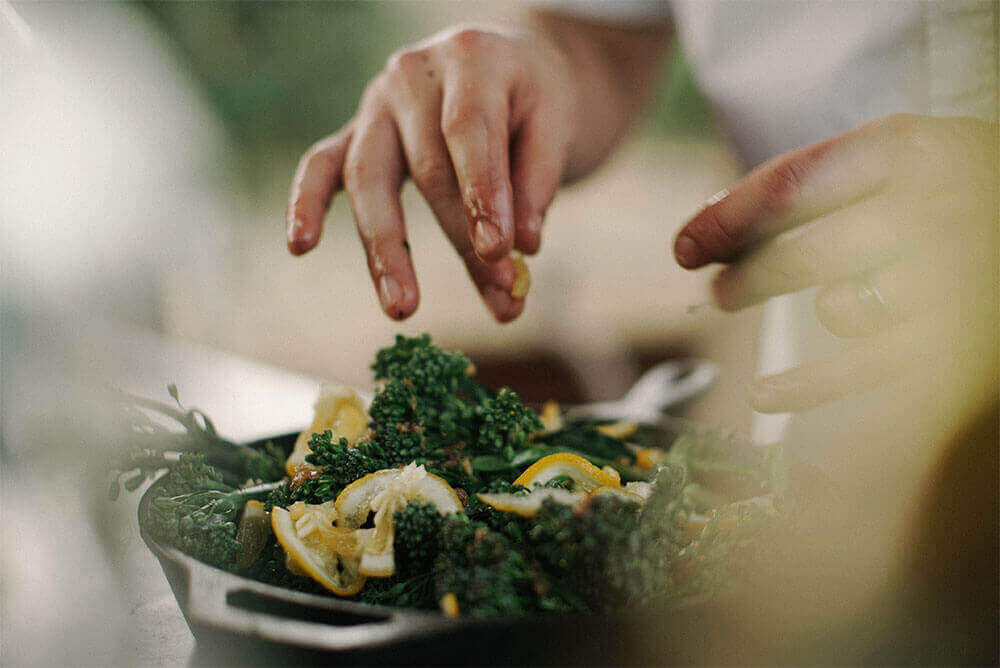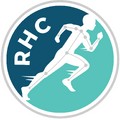
No matter what your goals are, the food on your plate will either help you get there or move you farther away. It doesn’t matter if you’re looking to run a marathon or hoping to turn 50 before needing glasses, food is either fuel or venom.
This isn’t news to anyone. Everyone knows the old cliches. Nobody’s going to be surprised by this statement and I’m sure there are a few people rolling their eyes.
So what’s the deal? Why am I writing just to beat a dead horse?
People know the key foods that will help them get to their goals and what to avoid, but I don’t think the education on how to cook and prepare these ingredients into delicious meals is there. Our culinary and nutritional education is left mostly up to our parents and the internet, and this can create huge gaps in our education. There’s nothing inherently wrong with learning how to cook from your mom or dad. That’s where you develop your sense of taste from. However, the science is a lot better now than it was when our parents were learning to cook, so, with all due respect to your folks, the knowledge of exactly how food affects the body just isn’t there a lot of the time. That and many parents work a lot and don’t have the time to cook healthy meals 3 meals a day. That’s no fault of their own. The result of this is that when we hear from the doctor “you need more calcium,” the automatic response is to reach for the milk, cheese, heavy cream, and ice cream.
Not to push dairy completely aside, but I wish people knew enough to also reach for vegetables like cruciferous greens and would snack on nuts and seeds as well. These are fantastic sources of calcium and have a better overall nutritional profile than modern dairy products.
There’s also a tendency to immediately reach for supplements. Supplements are a great way to get your levels up if you’re facing deficiency, but they shouldn’t be your primary source of nutrients. Again, I think this comes from a lack of knowledge of what’s in our food and how it helps us. I hope that when people hear they need more collagen for skin and joint health, that they don’t just buy collagen supplements, but also know enough to bake chicken and fish with the skin on, make a soup using bone broth, and grill shrimp and red pepper skewers to help increase your natural production of collagen.
This is what I hope to achieve with the EV 180 program. I want people to know how to cook for success. Not just know the vitamins and minerals they need, but what foods provide them and how to cook them into delicious meals that bring joy to act of eating, and in turn joy to act of healing. That’s the goal. Healing is something you should want to do from start to finish.

